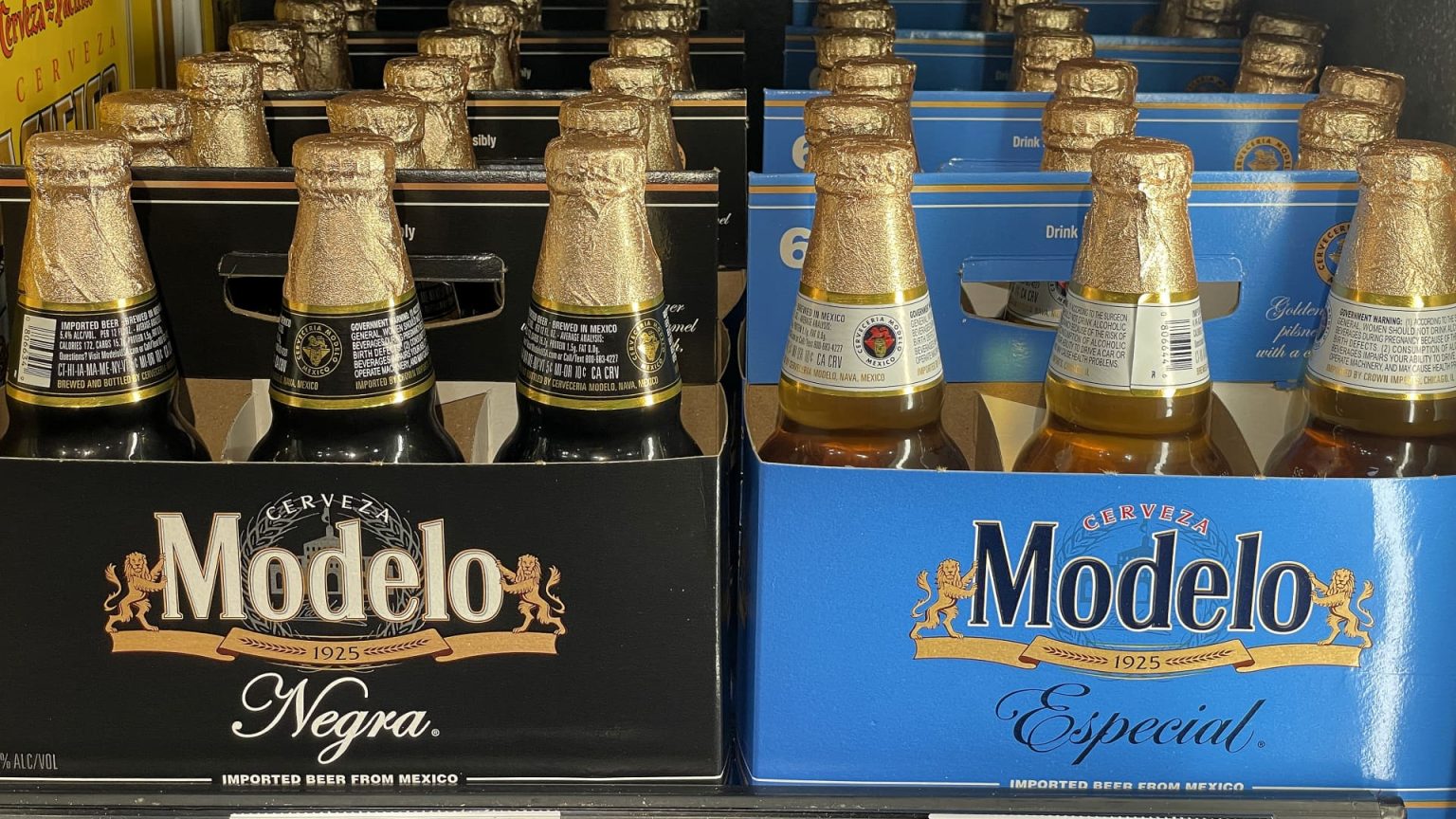In recent reports, Constellation Brands has announced a 2% decline in beer sales, reflecting concerns tied to economic uncertainties and immigration policies. The company’s CEO, Bill Newlands, noted that Hispanic consumers, who represent a significant portion of their customer base, are spending less due to apprehensions around potential job losses and inflation. This trend isn’t isolated to Constellation, as various food and beverage companies report similar shifts in consumer behavior.
| Article Subheadings |
|---|
| 1) Overview of Constellation Brands’ Financial Performance |
| 2) Impact of Economic Conditions on Consumer Spending |
| 3) The Significance of Hispanic Consumers to Constellation |
| 4) Broader Trends in the Food and Beverage Industry |
| 5) Outlook for Constellation Brands Moving Forward |
Overview of Constellation Brands’ Financial Performance
Constellation Brands, known for producing popular beer brands such as Modelo, Corona, and Pacifico, has reported a notable decline in sales, specifically a 2% drop for the quarter ending May 31. This downturn has triggered discussions among financial analysts and company executives regarding the implications of broader economic trends. In response to analysts’ inquiries during a recent earnings conference call, Bill Newlands expressed concern over the current economic landscape, which is heavily influenced by inflation rates and geopolitical factors such as immigration policies. Despite these challenges, the company maintained its financial outlook, indicating confidence in its ability to adjust to changing market dynamics.
Impact of Economic Conditions on Consumer Spending
The fluctuations in consumer spending directly correlate with economic conditions that influence decision-making. Bill Newlands highlighted that the fiscal environment—particularly in relation to inflation—has left both Hispanic and non-Hispanic consumers feeling apprehensive about spending. These economic fears are compounded by the hard-line immigration policies enacted by the current administration, leading to increased uncertainty among Hispanic demographics, who form a significant part of Constellation’s customer base. The company’s executives acknowledge the difficulty in predicting future consumer behavior as the economic climate continues to evolve. This unpredictability is a critical factor impacting their sales and overall performance.
The Significance of Hispanic Consumers to Constellation
Hispanic consumers represent a pivotal segment of Constellation Brands’ market, accounting for roughly half of its beer sales in the U.S. This demographic has traditionally been loyal to the brand, contributing significantly to its revenue streams. However, under current political and social climates, spending patterns have shifted. Bill Newlands noted that many Hispanic consumers are currently hesitant to spend, primarily driven by concerns regarding job security and economic stability. Acknowledging the economic pressures they face, the company is keenly aware of the need to adapt its marketing strategies to better resonate with this vital customer segment amidst ongoing changes.
Broader Trends in the Food and Beverage Industry
Constellation’s struggles are mirrored throughout the packaged food and beverage industry, with both Coca-Cola and Colgate-Palmolive reporting similar challenges tied to diminished sales among Hispanic consumers. Industry experts note that these patterns raise significant concerns about future growth prospects in a sector that has historically relied on diverse consumer bases. The convergence of economic constraints and socio-political factors appears to be reshaping consumer behavior across various demographics. As companies grapple with these shifts, they must develop strategic initiatives tailored to retain customer loyalty and drive future sales growth.
Outlook for Constellation Brands Moving Forward
Despite the recent downturn in sales, Constellation Brands remains optimistic about its future. The company has reiterated its commitment to achieving its financial targets within the fiscal year, highlighting the need for strategic investments and adaptations in response to shifting consumer behaviors. The leadership team is focused on cultivating resilience through market adjustments and innovative marketing strategies that resonate with diverse consumer demographics. With a careful eye on economic indicators, Constellation aims to pivot as needed to ensure sustained growth and profitability in an uncertain market landscape.
| No. | Key Points |
|---|---|
| 1 | Constellation Brands reported a 2% decline in beer sales, primarily due to consumer economic fears. |
| 2 | The company’s CEO highlighted the influence of immigration policies on Hispanic consumer spending. |
| 3 | Hispanic consumers account for around half of Constellation’s beer sales in the U.S. |
| 4 | Other companies, including Coca-Cola, have also reported decreased sales among Hispanic customers. |
| 5 | The company remains confident in meeting its financial targets despite current challenges. |
Summary
The recent decline in beer sales for Constellation Brands underscores the significant impact economic conditions and political climate can have on consumer behavior. With Hispanic consumers being crucial to their revenue, the company faces a unique challenge as it navigates through uncertainty. Overall, the food and beverage industry must adapt to these changing market dynamics to sustain growth and customer loyalty.
Frequently Asked Questions
Question: How significant is the Hispanic market to Constellation Brands?
Hispanic consumers account for about half of Constellation Brands’ beer sales, making them a crucial demographic for the company’s overall performance.
Question: What factors contributed to the decline in beer sales?
The decline in beer sales has been attributed to economic fears among consumers, particularly related to inflation and job security, alongside the impact of immigration policies.
Question: How is Constellation Brands addressing the sales decline?
Constellation Brands is focusing on strategic investments and adapting its marketing strategies to better connect with diverse consumer segments to retain market share and foster future growth.


